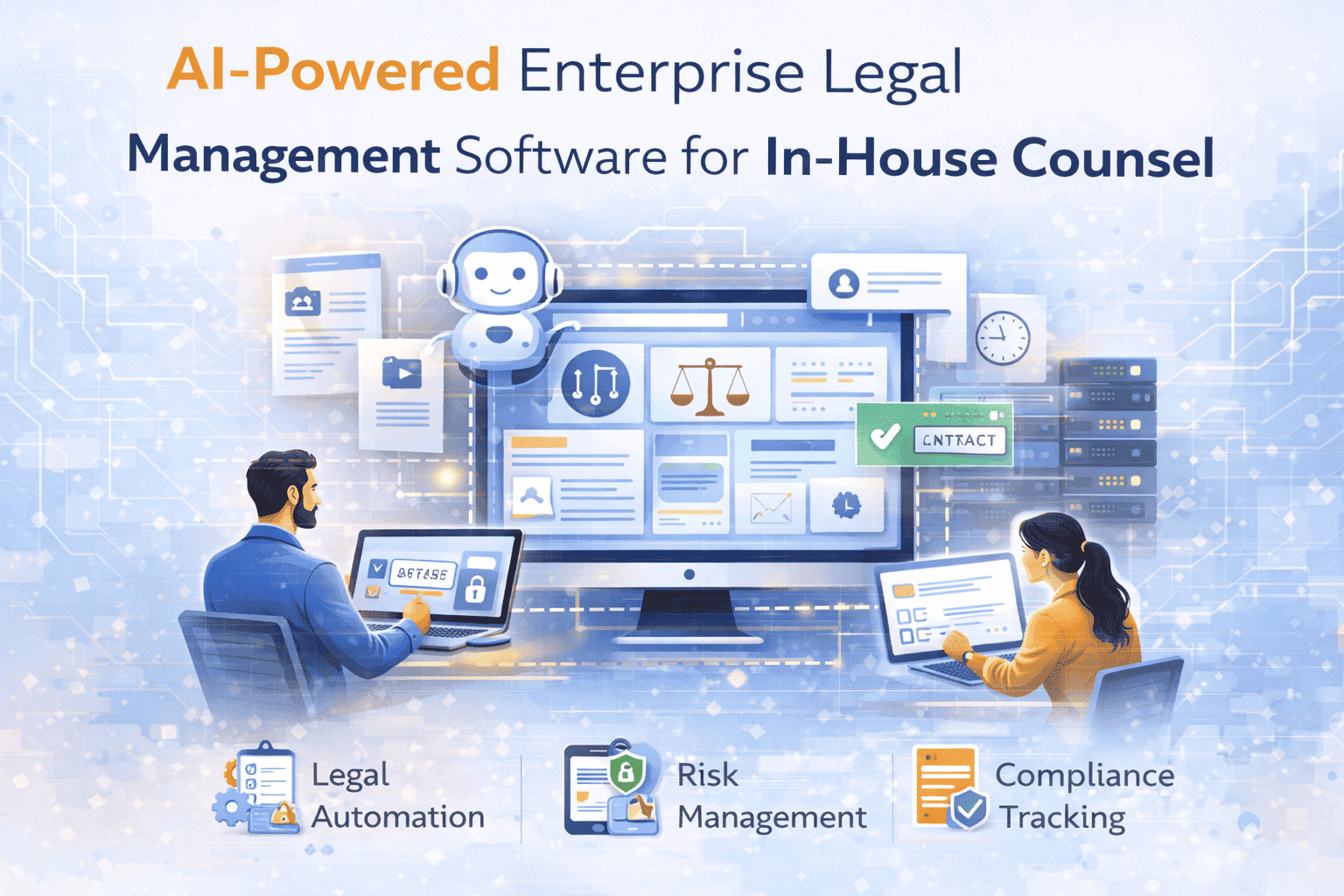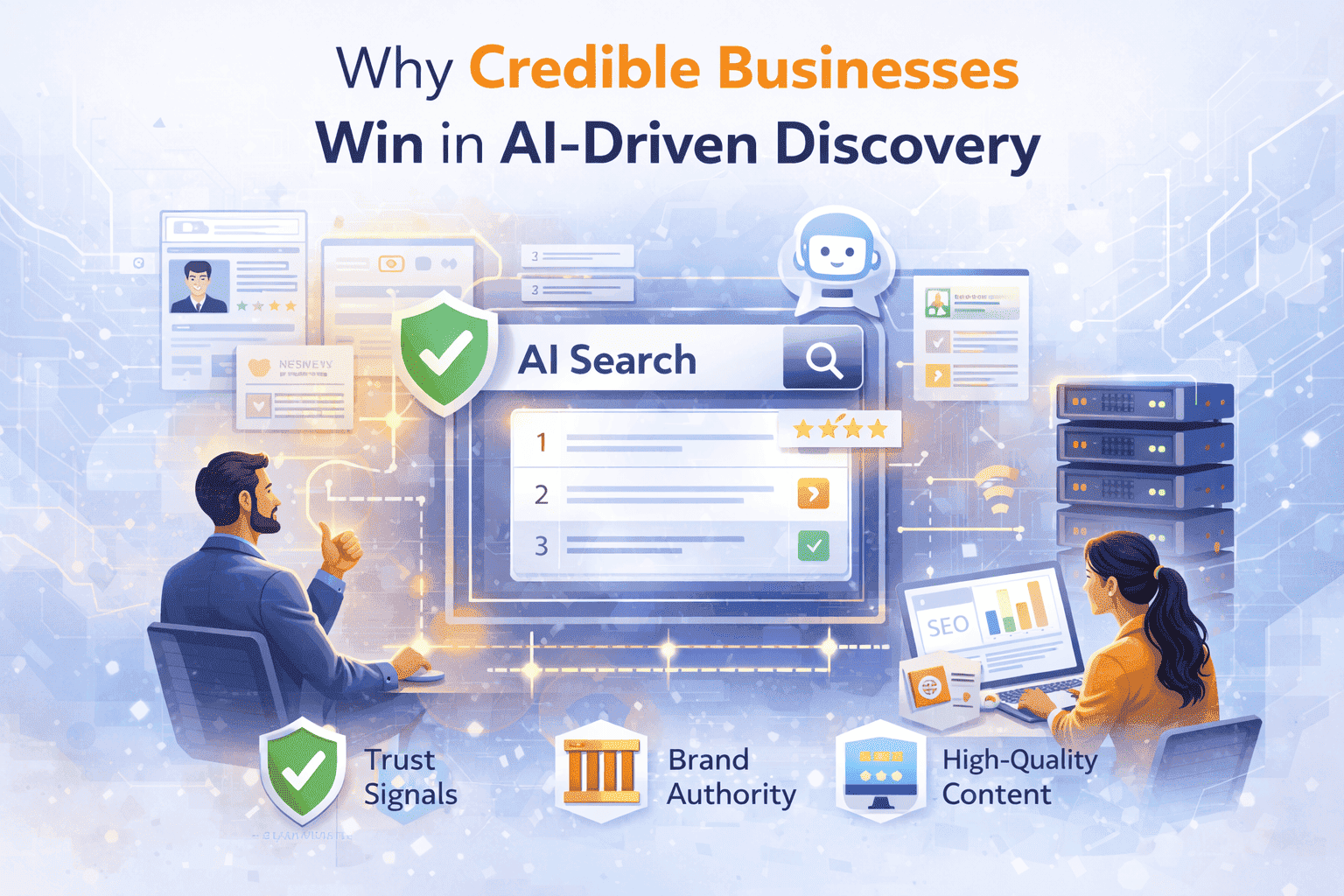5 SEO Mistakes to Avoid In 2026
As we're stepping into 2026, things are gonna get even tougher out there in the digital world. Whether you're just blogging, running a business website, or got a growing e-commerce store, you really gotta get in sync with search engines if you wanna rank higher.
See, search engines like Google are getting smarter all the time, constantly tweaking their algorithms. Those recent updates? They're mostly about giving users the best experiences, high-quality results, and content they can actually trust.
So, if you wanna stay ahead of the game, you gotta ditch those SEO shortcuts. We're gonna break down five major SEO mistakes to steer clear of in 2026. Avoiding these will totally help your website rank higher and bring in more traffic. Let's dive into each of these mistakes and how to avoid them.
Mistake 1: Keyword Stuffing (Overdoing It with Keywords)
One of the most common SEO mistakes people still make is keyword stuffing. Basically, it's just cramming way too many of your main keywords into your content. Those days of tricking search engines and artificially boosting your rankings are long gone.
Google's algorithms are way too smart and refined now. With their "Helpful Content Updates," "Spam Updates," and Natural Language Processing (NLP) powered systems, they read your content contextually and can totally spot keyword stuffing. If they catch you doing this black hat seo tactic, your website could get hit with ranking penalties. In the worst case, your page or even your whole site might get removed from search engines.
So, to get your website ranking higher in 2026, you need to find those pages or content pieces where you've stuffed keywords and fix it.
Best Tips to Fix Keyword Stuffing:
If you find any of your content has keyword stuffing, try these tips to make it better:
First off, we suggest doing some keyword research using seo tools like SEMrush or Ahrefs.
Find LSI or secondary keywords that fit contextually with your main keyword. Go for long-tail keywords if you can.
When picking secondary keywords, think about what the user actually wants.
Naturally weave these new keywords into your content, swapping out the main keyword where you've overused it.
As you add keywords, keep their difficulty and how many people search for them in mind.
For Example;
We had a paragraph that just hammered the keyword “Technology Advancement.” We fixed it by replacing it with other words and secondary keywords like: “innovations in digital solutions,” “modern technology,” and “innovation.”
Mistake 2: Slow or Unoptimized Website Loading Speed
Page speed is a big deal for seo and for making your website user-friendly. If your website loads slowly in 2026 and takes ages to show its content, it can lead to:
Higher bounce rates.
A bad user experience.
Lower rankings too.
You gotta make sure your site speed is lightning fast. You can check it with the PageSpeedInsights tool. If your site speed isn't up to par, you need to take quick action to optimize it.
How to Fix a Slow Speed Issue?
Here are some helpful tips to sort out slow loading speeds:
Compress Images: Look for those big images on your site or store and compress them to shrink their size. You can use any image compressor for this.
Use Lighter Themes: Another good tip is to install a lighter theme on your website. Lighter themes usually have cleaner code and fewer unnecessary features, which helps them load faster.
Remove Unnecessary Plugins: Regularly check and get rid of plugins you don't need anymore.
Minify the Website’s Code: Websites often load slower because of unoptimized code. To fix this, we suggest minifying code by removing extra spaces, elements, and characters from HTML, JavaScript, and CSS. This makes the file sizes smaller and speeds up loading.
Mistake 3: Complex and Unclear Content
Another common mistake that can mess with your seo efforts in 2026 is writing content that's complicated, unclear, and too technical. Even if you're trying to sound unique or like an expert, your content might just be hard for your audience to read.
Always remember, Google and other search engines don't want fancy or difficult writing. They want readable, clear, and smooth content that actually helps users.
How to Overcome this Mistake?
Find the parts of your content that are hard to read. Swap them out for simpler words and phrases.
Break up long sentences into shorter ones. Make sure each sentence flows into the next.
You should change sentence structures to make them flow better, like changing passive voice into active voice sentences. Using active voice makes your writing clearer and more direct, which readers and search engines tend to prefer.
Make sure the overall tone of your content fits your audience.
And so on….
If doing this manually is too much hassle, there's a quick way to fix it automatically: paraphrase your content with Editpad. It's a tool that can efficiently rephrase your content and give you an engaging, clear, and user-friendly output.
For Example;
We turned some complex content full of jargon into something engaging and easy to read using Editpad.
Here’s the Image Demonstration:
Mistake 4: Duplicate or Plagiarized Content
Duplication or plagiarism is an illegal act of using someone’s ideas and content as your own without mentioning or citing the actual source. Among the SEO mistakes, this one is the worst, as it can lead to legal issues and higher penalties from search engines.
Another way duplicate content happens is when you have similar content on different pages of your own website. This can confuse Google about which page to rank. Eventually, your page's visibility or ranking gets diluted.
Helpful Tips to Avoid Duplicate Content Issue:
Always aim to write unique content that is tailored to your target audience rather than copying from others.
While doing research, you shouldn’t rely on a single source, as it could lead to accidental plagiarism.
If two or more pages of your website contain identical details, then it is a must to add canonical tags to help Google indicate the preferred page.
Enclose quotes or sayings of someone in quotation marks.
Before publishing, we suggest always using a plagiarism checking tool.
In case you find similarities in your content, we suggest you use a plagiarism remover tool to eliminate duplicates. This would help you ensure originality while keeping intact the context.
And so on…
Mistake 5: Poor Internal & External Linking
Next up on our list of seo mistakes to avoid in 2026 is not having or having bad internal and external linking. If these terms are new to you, internal linking is when you add a hyperlink in your content that goes to another page on your own site. An external link is a link you add to your content that goes to a different, third-party website.
For better seo, you want a web of links connecting all your blogs or pages. Internal linking helps Google crawl your site easily and index new pages. Plus, it keeps readers on your site longer by sending them from one page to another. Similarly, external linking can boost your content's credibility by pointing readers to other trustworthy sources.
How to Build Internal & External Links:
Make sure each of your pages has some internal and external hyperlinks that point to relevant stuff or pages.
Add each link strategically; don't link to general terms that everyone already knows. Linking to obvious terms wastes valuable anchor text opportunities and can look unnatural to search engines.
Another tip is to avoid adding too many links to your page. That looks spammy.
You should regularly check your site to make sure all your internal and external links are working. If any link is broken, you should either remove it or replace it.
For external links, we suggest picking reliable sites with good authority and credible information.
When adding hyperlinks, choose descriptive, short, and clear anchors that tell users and Google what the linked source is about.
Conclusion
As seo keeps changing with every Google update, if you want to succeed with your business, blog, or e-commerce store, you gotta be careful with every step. It's important to ditch old seo practices and common mistakes like keyword stuffing, slow loading speeds, unclear content, duplicate content, and bad link building.
In this blog post, we've covered these five seo mistakes and how to avoid them in 2026. The main thing we want to say is: don't rely on outdated seo shortcuts. Focus on creating content that users love, optimizing your site's performance, and building a good web of links. Doing this will help your website rank higher, build trust, and get you a lasting audience.





